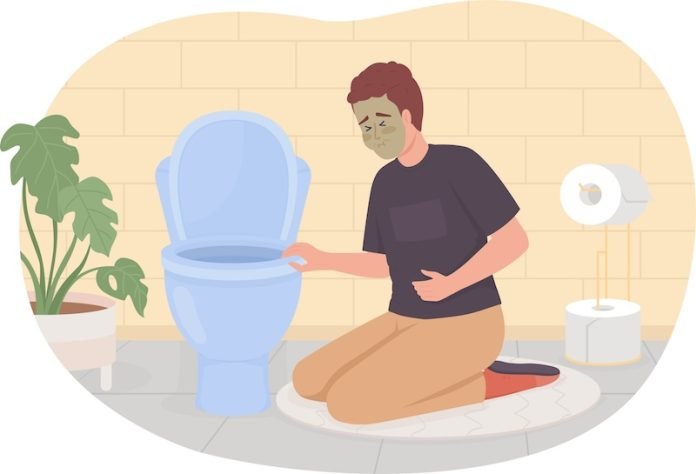
Ulcerative colitis (UC) is a long-term condition that causes inflammation and sores, called ulcers, in the innermost lining of the large intestine and rectum.
It’s a form of inflammatory bowel disease (IBD) that can significantly affect quality of life.
Despite extensive research, the exact causes of UC remain unclear, but scientists believe a combination of genetic, environmental, and immune system factors play a role. Let’s break down what is known in simple terms.
First and foremost, genetics seems to be a key player. Having a family member with UC increases your risk, suggesting a hereditary component. Researchers have identified several genes that may affect the immune system in ways that could lead to UC.
These genetic factors don’t cause UC on their own but increase susceptibility, especially when combined with environmental triggers.
The immune system’s role in UC is particularly significant. Normally, the immune system protects the body from infection by attacking bacteria, viruses, and other potentially harmful foreign invaders.
However, in UC, the immune system mistakenly targets the cells in the digestive tract too. This leads to the chronic inflammation that characterizes the condition.
Some researchers think this might start as a normal response to a particular bacterium or virus, but then, due to a faulty immune regulation, the inflammation becomes persistent.
Environmental factors also contribute to the risk of developing UC. For instance, it is more common in urban areas and in developed countries, suggesting that a Western lifestyle or diet might play a role. Diet is often discussed as a potential trigger for UC symptoms.
Foods that are high in fat and sugar but low in fiber have been implicated in some studies. However, no specific foods have been proven to cause UC; rather, they might influence its symptoms or flares.
Smoking, surprisingly, has been shown to have a different effect on UC compared to another type of IBD, Crohn’s disease. While smoking is considered a risk factor for developing Crohn’s disease, it may actually reduce the risk of ulcerative colitis.
However, smoking is harmful for many other reasons and is not recommended as a preventative measure against UC.
Stress and emotional health play roles as well. While stress does not cause UC, it can trigger flare-ups and worsen symptoms. Managing stress through techniques like meditation, regular exercise, and adequate sleep can help manage UC symptoms.
The role of the microbiome—the ecosystem of bacteria in the digestive system—is also a significant area of research. Studies suggest that people with UC might have imbalances in the types of bacteria in their intestines.
Whether these changes are a cause or effect of the disease is still under investigation, but they are believed to influence the severity and progression of the condition.
Understanding and managing UC involves a multipronged approach that includes medication to reduce inflammation and immune activity, changes in diet and lifestyle to manage symptoms, and, in some cases, surgery.
Ongoing research continues to uncover more about the underlying causes of UC, which will hopefully lead to better treatments and perhaps, eventually, a cure.
In summary, while the exact cause of ulcerative colitis is still a puzzle, the interaction of genetic predisposition, immune malfunction, environmental factors, and lifestyle choices provides the current framework for understanding and managing this challenging condition.
As research advances, the hope is that this will lead to more targeted and effective treatments for those affected.
If you care about high blood pressure, please read studies that early time-restricted eating could help improve blood pressure, and coconut sugar could help reduce blood pressure and artery stiffness.
For more information about blood pressure, please see recent studies about added sugar in your diet linked to higher blood pressure, and results showing plant-based foods could benefit people with high blood pressure.
Copyright © 2024 Knowridge Science Report. All rights reserved.



